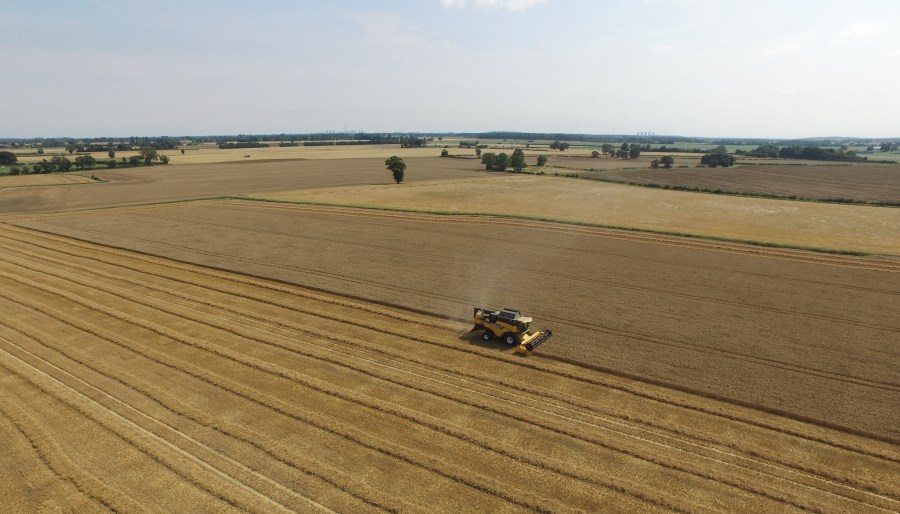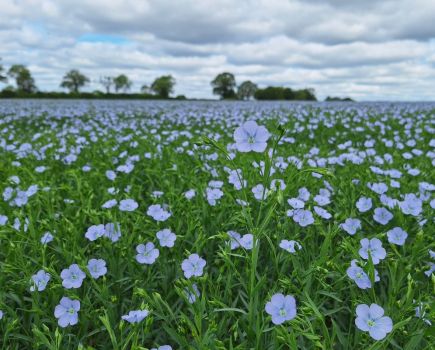Independent trials organised by AHDB have shown that Univoq continues to perform against septoria and rusts.
The trials, which entered their 30th year, monitor the performance of different fungicides both as straights and as coformulations, to help guide product choice for farmers and agronomists.
Univoq (fenpicoxamid+ prothioconazole) has a unique site of action, meaning there’s no cross resistance to any other chemistry used on farms today, says Corteva’s Craig Chisholm.
“It’s consistently proven its ability to control key diseases, most notably septoria. The 2023 AHDB fungicide trials back up what farmers have seen in the field for the past three seasons – Univoq and the Inatreq active provide robust control against key diseases and great yield returns.”
High risk locations
Designed to maximise differences between treatments, the AHDB trials take place at high-risk locations using highly susceptive varieties and data is collected from a range of sites, seasons and leaf layers to show average performance.
Individual trial data isn’t published, but the AHDB report says that, as in previous years, Univoq consistently demonstrated a superior yield return compared with many other fungicides on the market.
“2023 was the third year on the trot where the across-years yield summary has shown clear daylight between Univoq yields and those of the next closest competitor,” says Craig. “This demonstrates just how reliable the performance of Univoq is across seasons with varying characteristics.”
Challenging conditions
Fungicides faced a tough septoria test in 2023 with a relatively wet March and cool April driving early disease, he notes.




